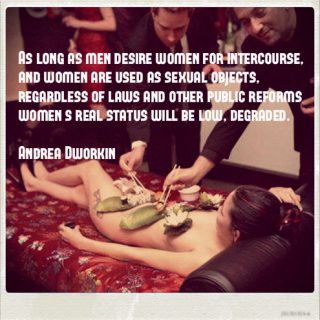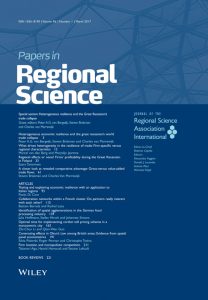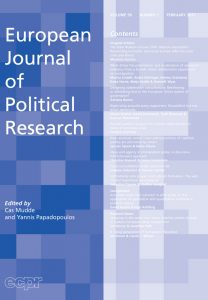Re-thinking the Definition of “Public Goods”
The following article By June Sekera gives an extensive account of how the concept of the “public good” has been undermined and redefined as a market failure. The introductory paragraph is below and the remainder of the article can be found at http://rwer.wordpress.com/2014/07/09/re-thinking-the-definition-of-public-goods/ Introduction A year ago last May, the Real World Economics Review blog published my post, “Why Aren’t We Talking About Public Goods?” In that article I argued that we need to revive and reframe the concept of...






1468-0491/asset/society_affiliation_image.gif?v=1&s=859caf337f44d9bf73120debe8a7ad67751a0209)
